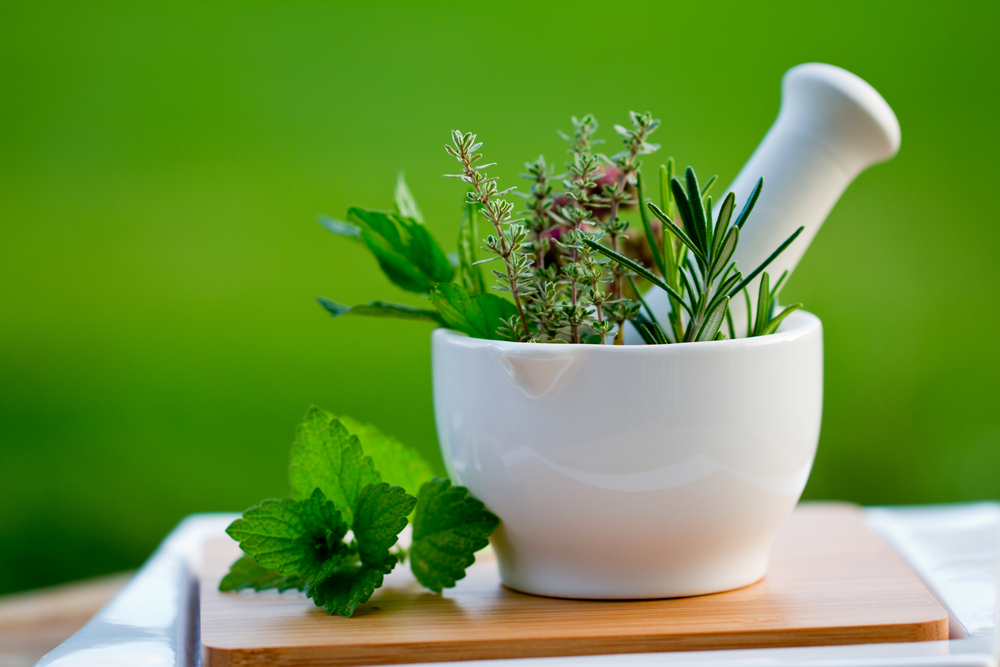
The menopause is an unavoidable time in a woman’s reproductive life. Although it is a natural process, it is often met with anxious anticipation by women, who worry about coping with the symptoms that may come with it. Not every woman will suffer with menopausal symptoms, but up to 8 in 10 women will experience some of these.
Around the age of 51, periods become less frequent before stopping altogether, signalling the end of a woman’s reproductive life. During this process, hormones produced by the ovaries begin to decline and fluctuations in two of these hormones (oestrogen and progesterone) can lead to a variety of physical and mental symptoms that can often be distressing.
Mother Nature can give us problems with mood changes, poor sleep, low libido and vaginal dryness in this period, and the more commonly associated vasomotor symptoms like hot flushes and night sweats.
Menopausal women need not fear however, as there are many treatment options. In addition to hormonal and non-hormonal based treatments available from your GP, women are often presented with many adverts in the media and on the high street for herbal and natural remedies to tackle the menopause. Data suggests that up to 40-50 per cent of women in the Western world use these to help with their symptoms. But which of these are evidence-based, effective and safe to use?
Phytoestrogens – red clover and soy
Phytoestrogens are naturally-occurring compounds that can be found in plants. When eaten, phytoestrogens have been shown to have effects in the body similar to female human oestrogens. The most common groups are isoflavones and ligans – these can be found in the diet in foods such as soy beans, chick peas and green legumes. The commonly sold supplement “Red Clover” also contains isoflavones.
Researchers became interested in phytoestrogens when they noticed that East Asian women had lower rates of cardiovascular disease, osteoporosis and menopausal symptoms. They believed these findings could be attributed to a diet high in soy.1 Since then, many studies have investigated the relationship between menopausal symptoms and phytoestrogens. Although the quality of data is mixed, the most recent analysis of 62 studies found the use of phytoestrogens was associated with a decrease in the number of daily hot flashes and vaginal dryness scores.2
Black cohosh
Black cohosh is a herb native to North America. It is a member of the buttercup family and has been used by women for the menopause and painful periods for many years. However, as the current evidence supporting its use is limited and conflicting, more research is needed before doctors can consider recommending it to patients.3-5 In addition, there are concerns about safety, with several cases of liver toxicity reported, and conflicting results about its effect on hormone-sensitive tissues such as breast and the womb.6
Ginseng
Ginseng is one of the most popular medicinal herbs, marketed for many uses including menopausal symptoms. There are limited studies on the effectiveness of ginseng for menopausal symptoms, and so it is not recommended at present. There are also concerns it could interact with some prescribed medication.7
Evening primrose oil
There is not enough evidence to support the use of evening primrose oil in treating menopausal symptoms.8
Chinese medicine
The herb ‘dong quai’ is native to Southern China and often used in traditional Chinese medicine. Marketed uses include the relief of menopausal symptoms. However, it has not been shown to be an effective treatment and carries a risk of drug interactions.9
St John’s wort
Some studies have shown St John’s wort to improve depressive symptoms and quality of life in perimenopausal women.10 A systematic analysis of the herb has shown it as an effective treatment for mild and moderate depression.11 This is due to its effects on serotonin levels in the brain, similar to antidepressants. Its effects on hot flushes remain unproven. It also interacts with many prescribed medications, including antidepressants, so needs to be used with caution and under the guidance of a doctor. There also seems to be huge variability in the quality and strength of preparations available over the counter, which is a cause for concern.
Agnus castus
Agnus castus has been used in the treatment of menopausal symptoms, but there is limited supporting evidence and more research is needed.
Kava Kava
This supplement is banned in the UK due to toxicity.
In summary… whilst some studies have shown certain herbal supplements may be of some benefit in the menopause, the data quality is poor and more research is needed. In addition, concerns are raised about toxicity and drug interactions with several medications.
If women are considering using a herbal treatment for menopausal symptoms, they should look for a “THR” (Traditional Herbal Medicine) logo on the pack. This shows that it has been quality checked, is the correct dose and has safety information on the packet. They should also discuss this with their doctor if they are taking any regular medications.
